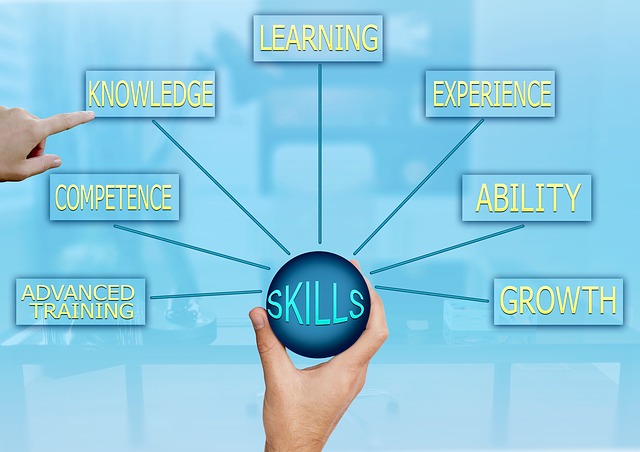Allyson Pimentel recently facilitated a guided meditation podcast on the theme, Mindfulness and Feeling Free – one of the many weekly Hammer meditations offered through MARC. Allyson is a very experienced meditation teacher and is highly qualified in Human Development and Psychology. Her interests include helping people to achieve positive mental health and social justice activism.
Allyson explains at the outset that mindfulness involves paying attention purposefully on the present moment (not on the future or the past as these can lead to anxiety or depression). This paying attention is done with kindness towards ourselves and others and with an openness that enables us to accept what is, while having the courage and compassion to address toxic situations.
Allyson reminds us that mindfulness now represents the intersection of ancient traditions (such as Buddhism) with the new (e.g. neuroscience investigations such as those undertaken by MARC, the Mindful Awareness Research Center). These two macro streams of thinking and practice have merged to enable us to explore our inner landscape, improve our quality of life and assist us to show up in our life and our everyday context.
Achieving freedom through mindfulness
Allyson contends that mindfulness can liberate us from ways of seeing the world, ourselves and others that are self-limiting and potentially injurious. Our reality is very much influenced by our thoughts which can constrain us and leave us stuck in habituated patterns of behaviour. We can become immersed in negative thoughts and be captured by the “inner critic” that devalues who we are and what we have achieved.
Through mindfulness we can increase our awareness of negative and disabling self-beliefs and free ourselves from the chains of “victimhood”. As Dr. Edith Eger points out, we can choose freedom over victimhood. Mindfulness enables us to become aware of how our victim mentality is shaping our worldview, our interpersonal relationships and our mental health. Increasingly, research into the benefits of mindfulness reinforce the view that gratitude, savouring what we are and have through mindful awareness, can serve as an antidote to negativity and challenging emotions such as anger, resentment and envy.
Guided meditation
In guiding our approach to developing freedom through mindfulness, Allyson suggests that we identify a firmly held belief that is holding us back (it does not have to be something of massive import, but a simple belief that negatively impacts in some way where we are at in this moment). She leads us through a meditation process that enables us to identify the way this belief constrains our view of ourselves, our interactions with others and our options for addressing our current dissatisfaction, delusion or distress.
During the meditation, I found that I wanted to focus on my recurring belief that my recently diagnosed “multi-level spinal degeneration” cannot be redressed thus impacting my willingness to undertake a range of healing modalities. Associated with this is the belief that I will never be able play tennis again, despite assurances to the contrary from a number of my healing practitioners. The guided meditation helped me to restore my belief in the body’s capacity to heal itself and to strengthen my motivation to earnestly undertake a range of alternative healing modalities that have proven successful in the past in reversing the disabling impact of spinal degeneration.
Reflection
In introducing her guided meditation, Allyson reminds us that as we grow in mindfulness we are building our resilience and renewing our commitment to persist with mindfulness practices (a commitment that works very much through the power of the psychological principle of “self-efficacy”).
Resilience is important when we encounter challenging situations that stretch our capacity to deal with the potentially negative outcomes of the situation. Mindfulness helps us to change our perspective on obstacles to personal growth and health and to view them as a means to grow in insight and wisdom. Allyson quotes the following saying that invites us to view our everyday experiences as opportunities for growth:
“Grow through what we go through.”
Mindfulness practices deepen our self-awareness, enhance our curiosity about ourselves and others, opens up the window of opportunity, heightens our ability to shape our intentions and strengthens our resolve to make a difference in our own lives and that of others.
________________________________
By Ron Passfield – Copyright (Creative Commons license, Attribution–Non Commercial–No Derivatives)
Disclosure: If you purchase a product through this site, I may earn a commission which will help to pay for the site, the associated Meetup group, and the resources to support the blog.




